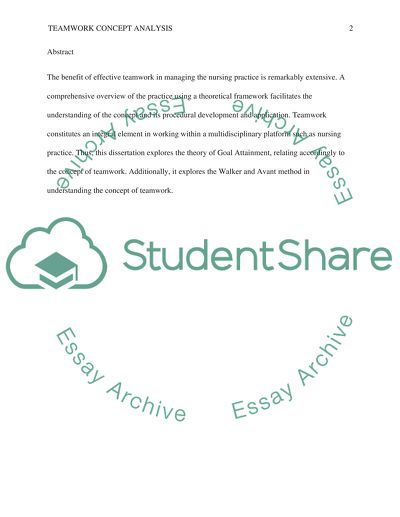Cite this document
(“Teamwork: concept analysis Research Paper Example | Topics and Well Written Essays - 1500 words”, n.d.)
Retrieved from https://studentshare.org/nursing/1666609-teamwork-concept-analysis
Retrieved from https://studentshare.org/nursing/1666609-teamwork-concept-analysis
(Teamwork: Concept Analysis Research Paper Example | Topics and Well Written Essays - 1500 Words)
https://studentshare.org/nursing/1666609-teamwork-concept-analysis.
https://studentshare.org/nursing/1666609-teamwork-concept-analysis.
“Teamwork: Concept Analysis Research Paper Example | Topics and Well Written Essays - 1500 Words”, n.d. https://studentshare.org/nursing/1666609-teamwork-concept-analysis.


